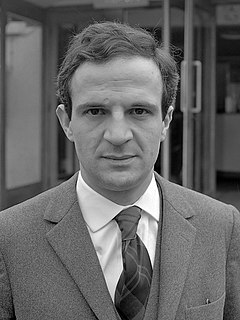A Quote by Tulsi Kumar
I think content-driven cinema is appealing in terms of even money-making.
Related Quotes
When you think of everything in terms of just money, then almost nothing is enough. I mean, how much money is enough? Because it's hard to translate money into goods. And I think people, once, I think there's a lot things can believe, and once they start thinking about wealth in terms of money, they lose the idea of enough-ness.
. . . you [film critics] always overstress the value of images. You judge films in the first place by their visual impact instead of looking for content. This is a great disservice to the cinema. It is like judging a novel only by the quality of its prose. I was guilty of the same sin when I first started writing for the cinema. . . . Now I feel that only the literary mind can help the movies out of that cul de sac into which they have been driven by mere technicians and artificers.
I don't think there is any scientific evidence about the question of whether we think only in language or not. But introspection indicates pretty clearly that we don't think in language necessarily. We also think in visual images, we think in terms of situations and events, and so on, and many times we can't even express in words what the content of our thinking is. And even if we are able to express it in words, it is a common experience to say something and then to recognize that it is not what we meant, that it is something else.

































